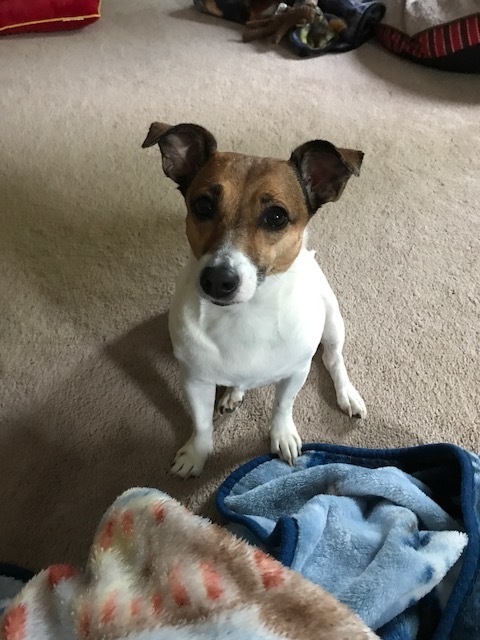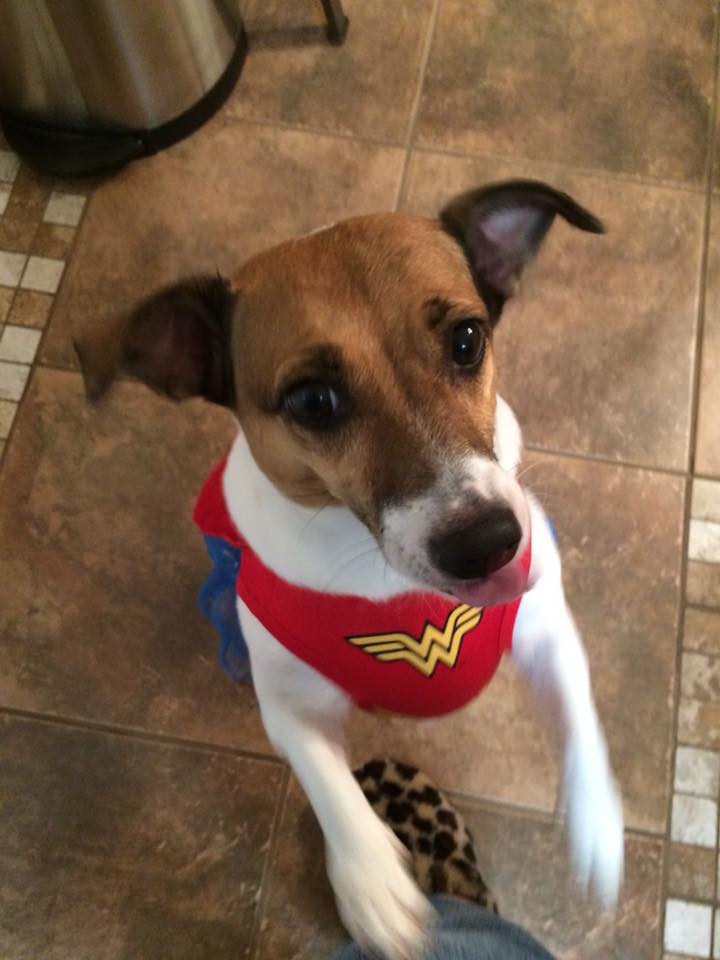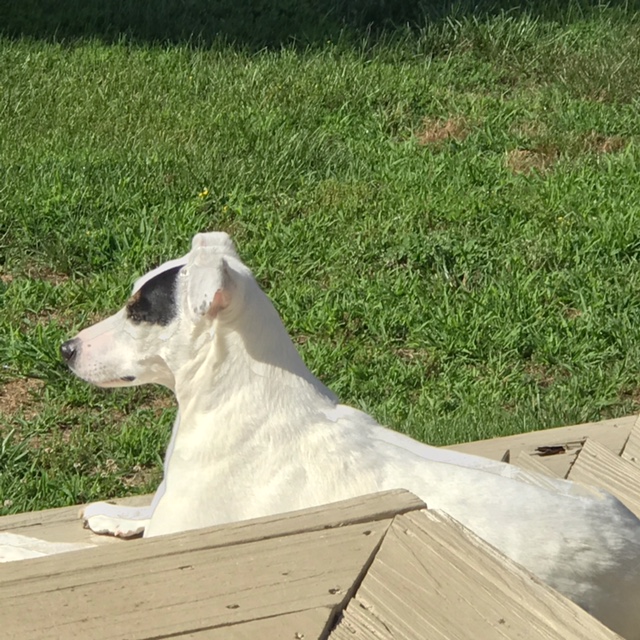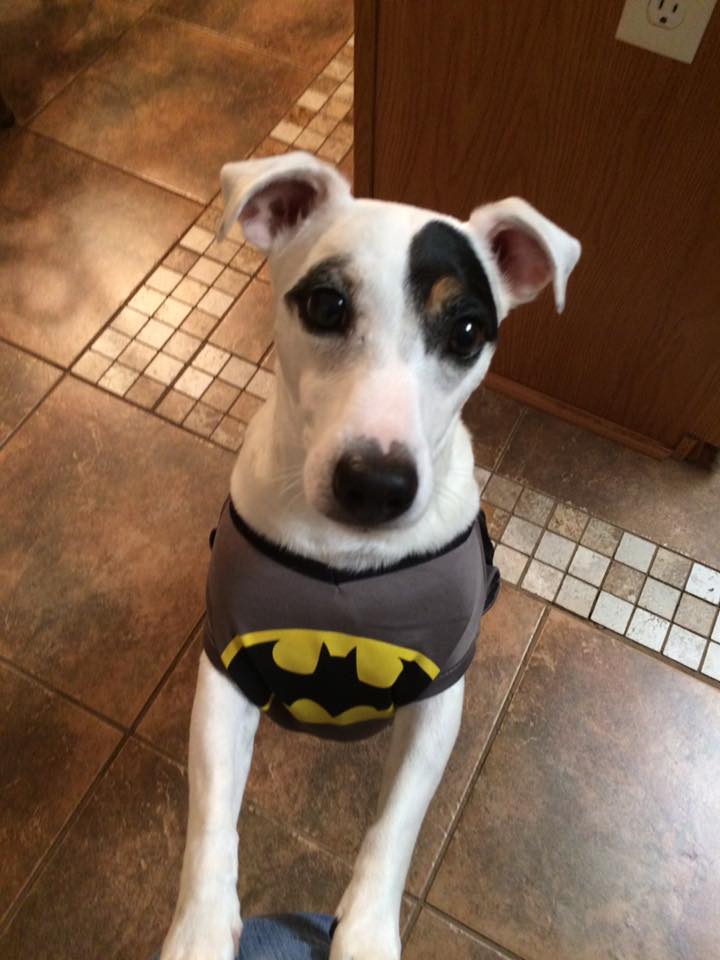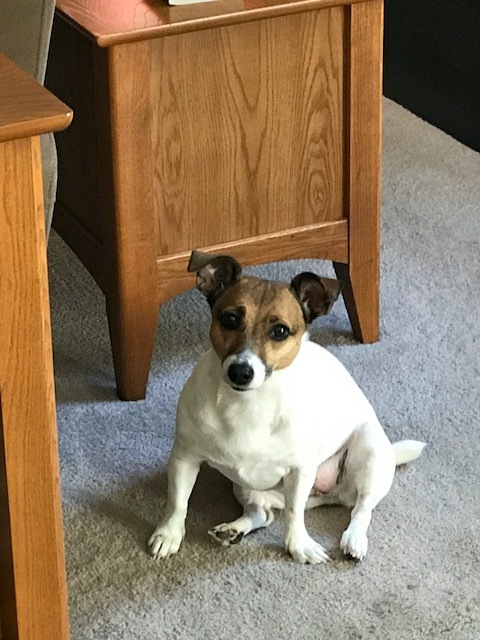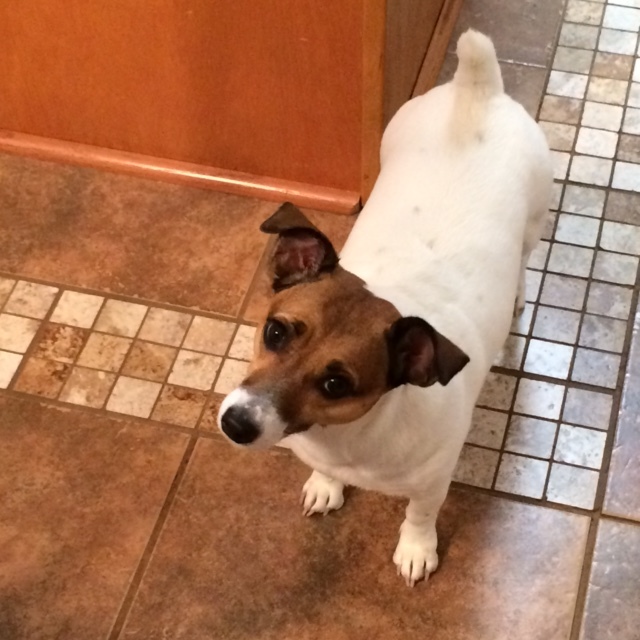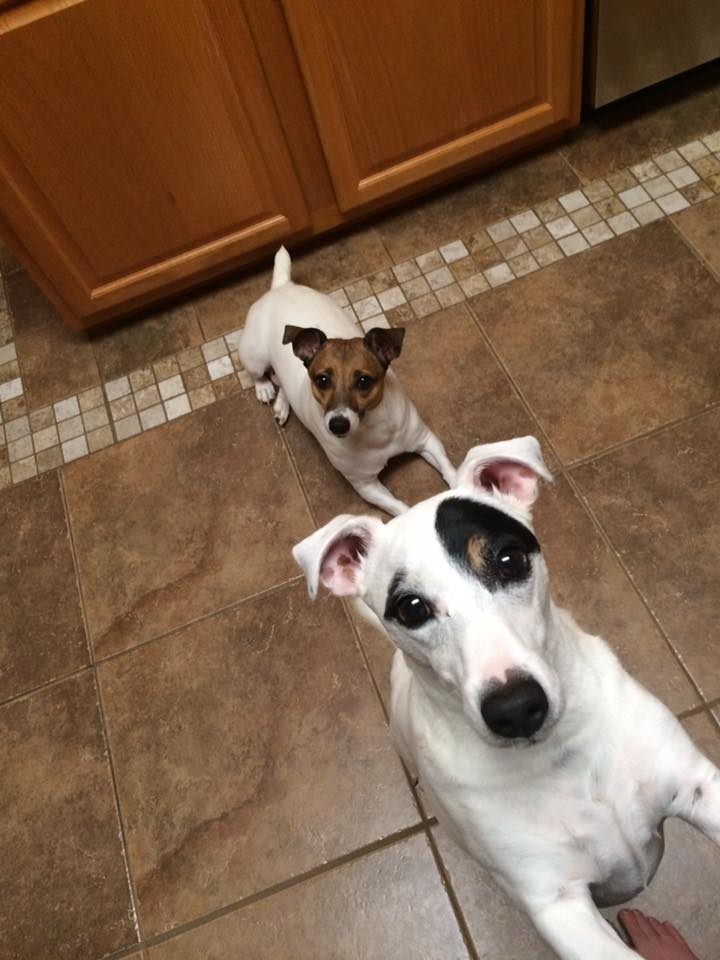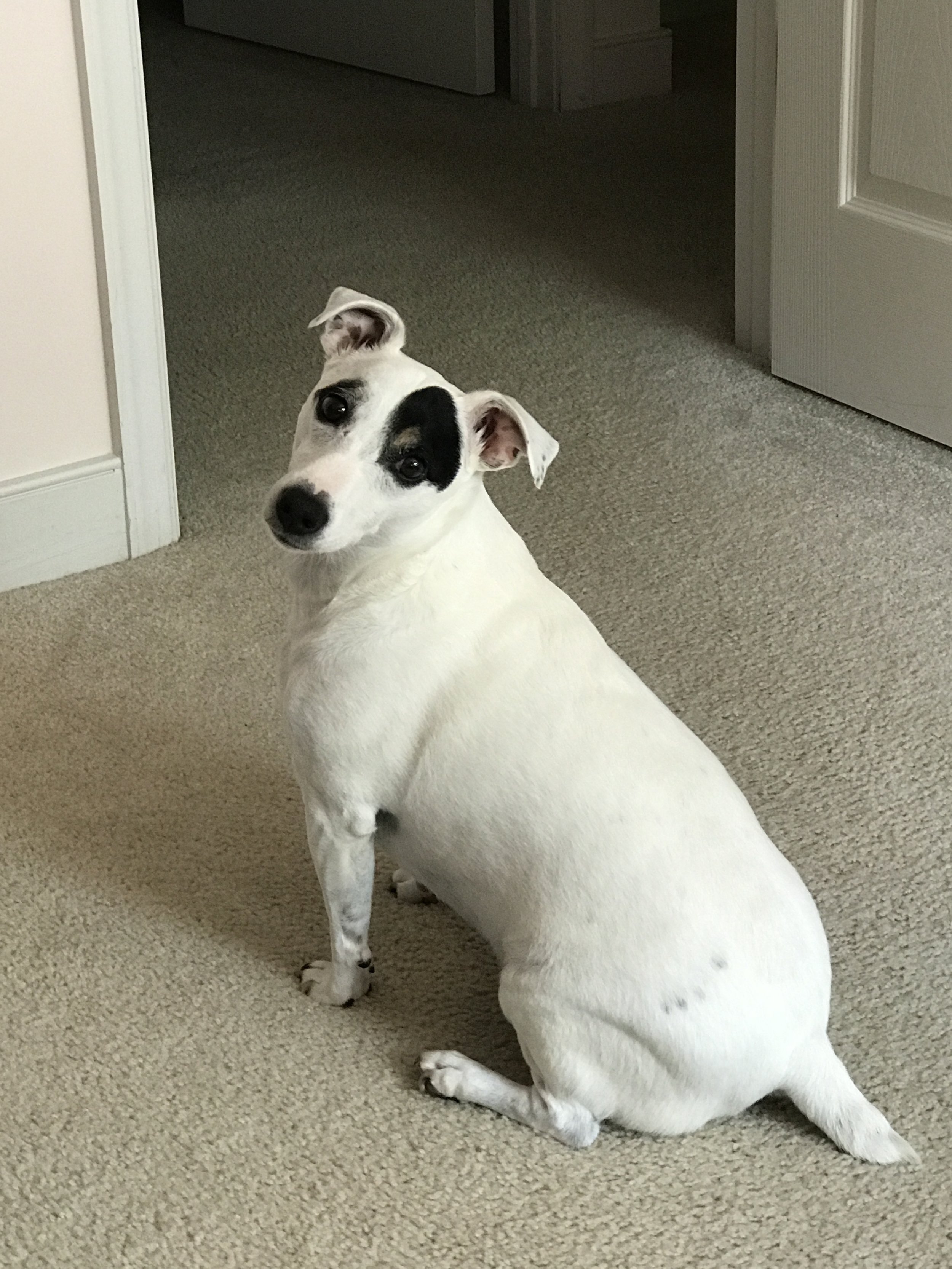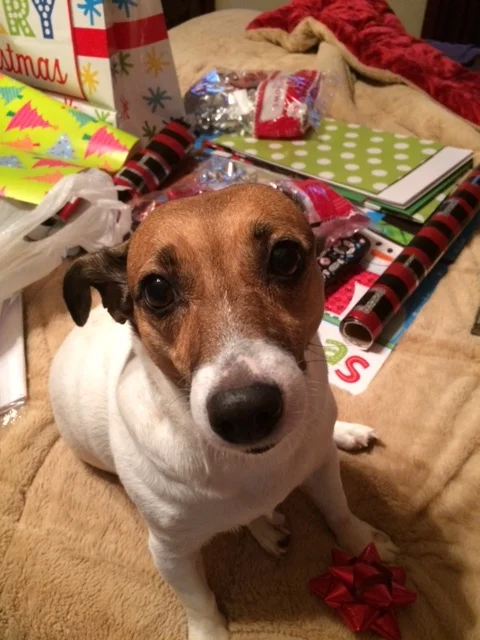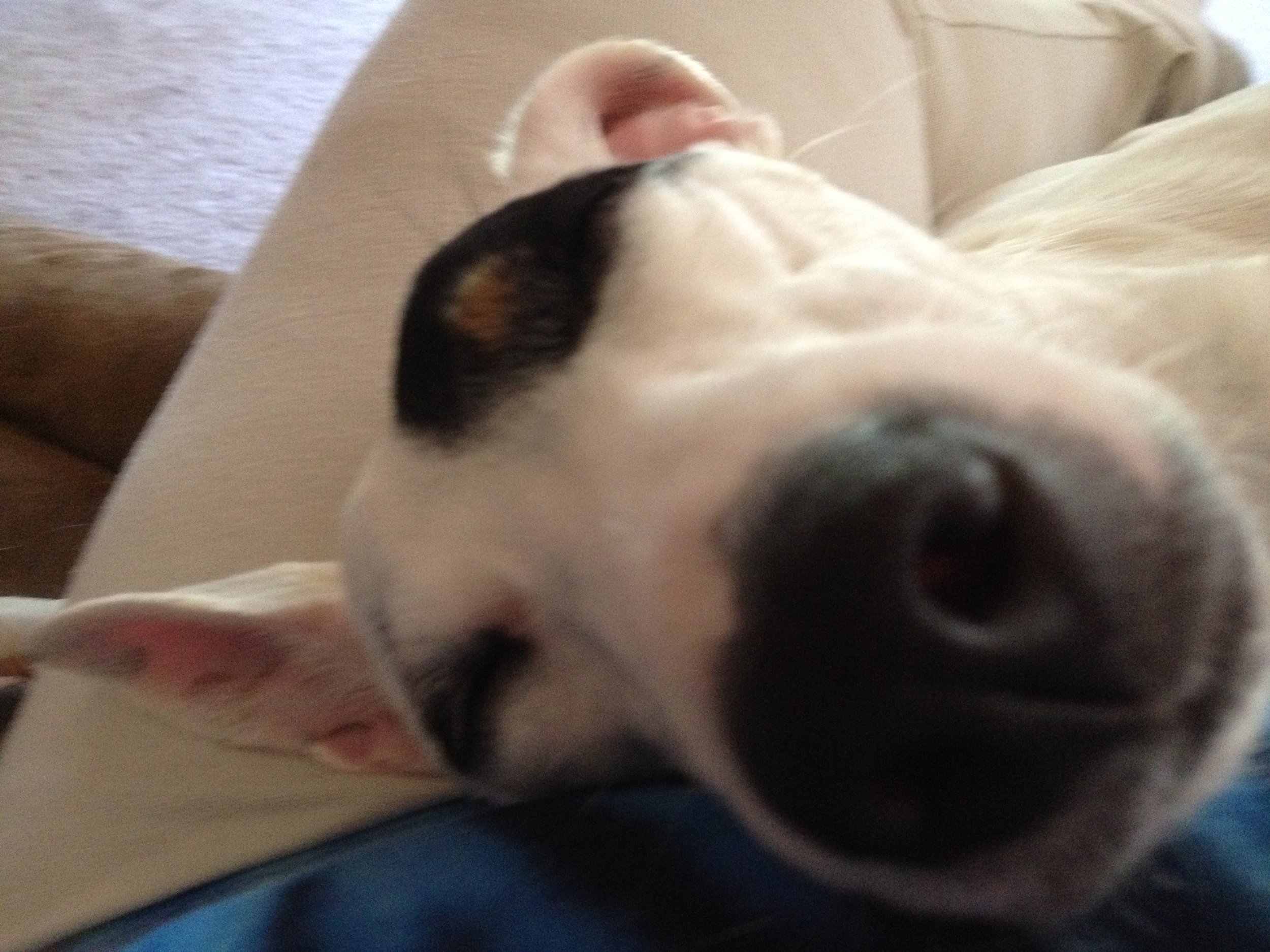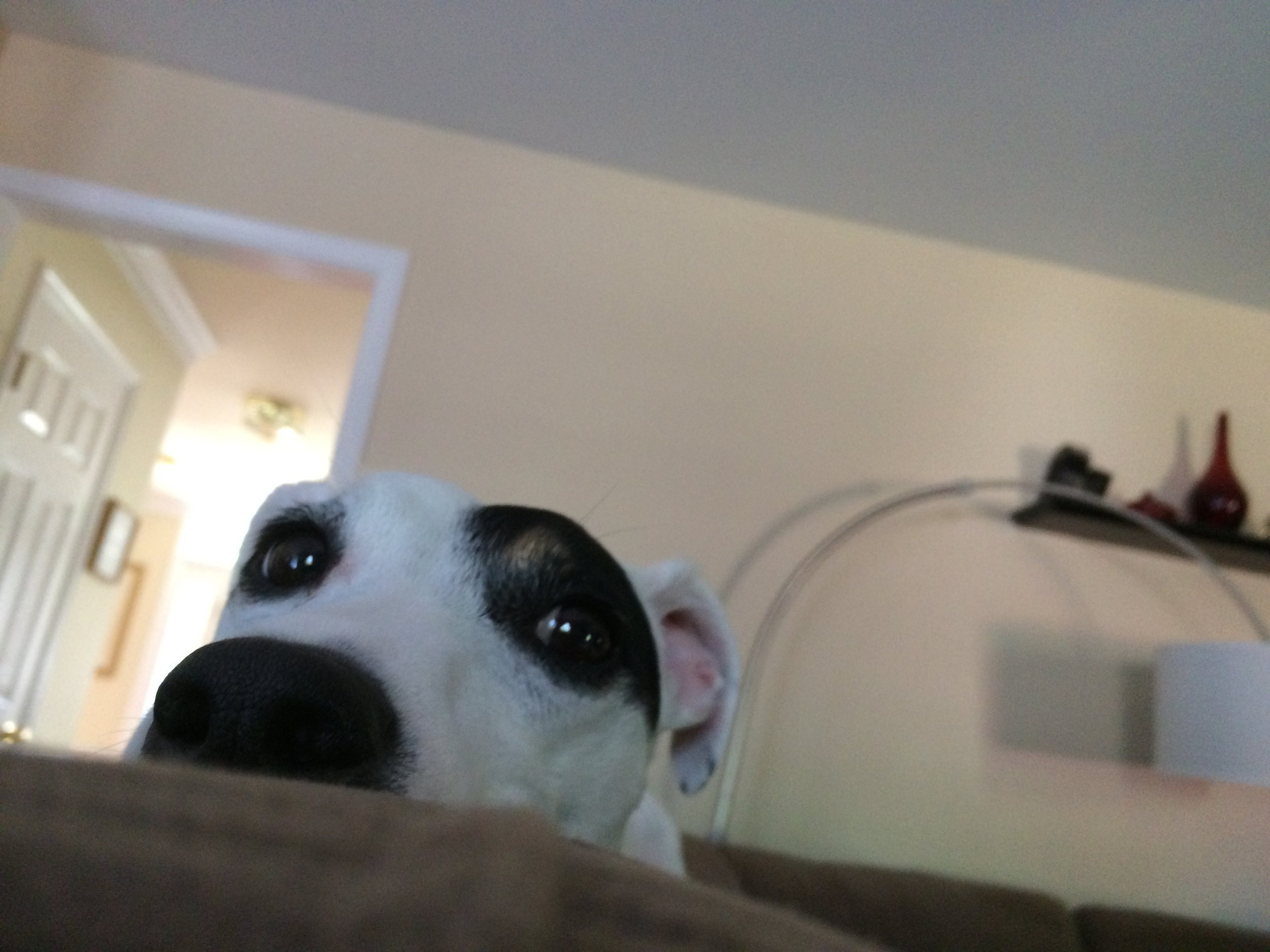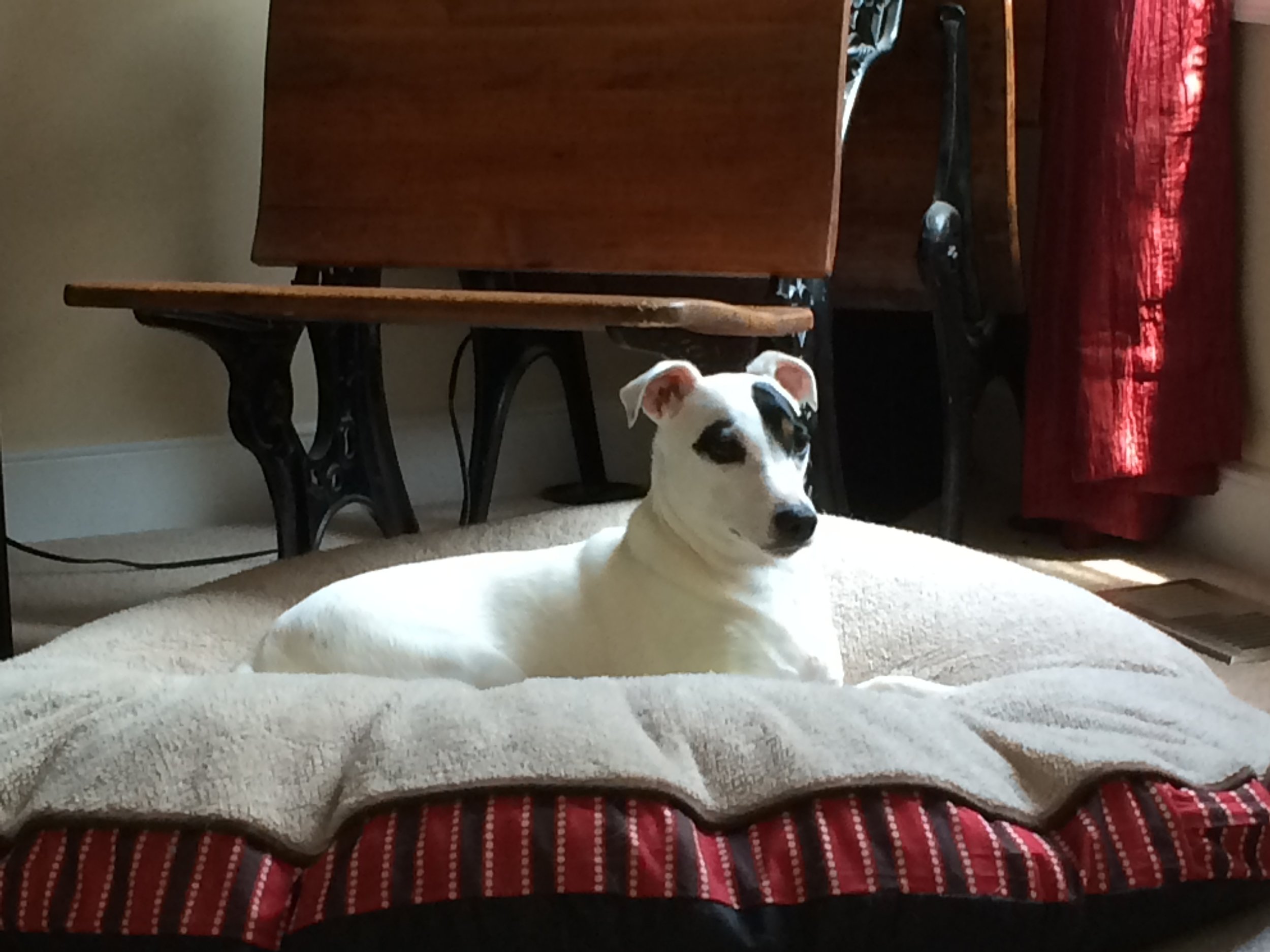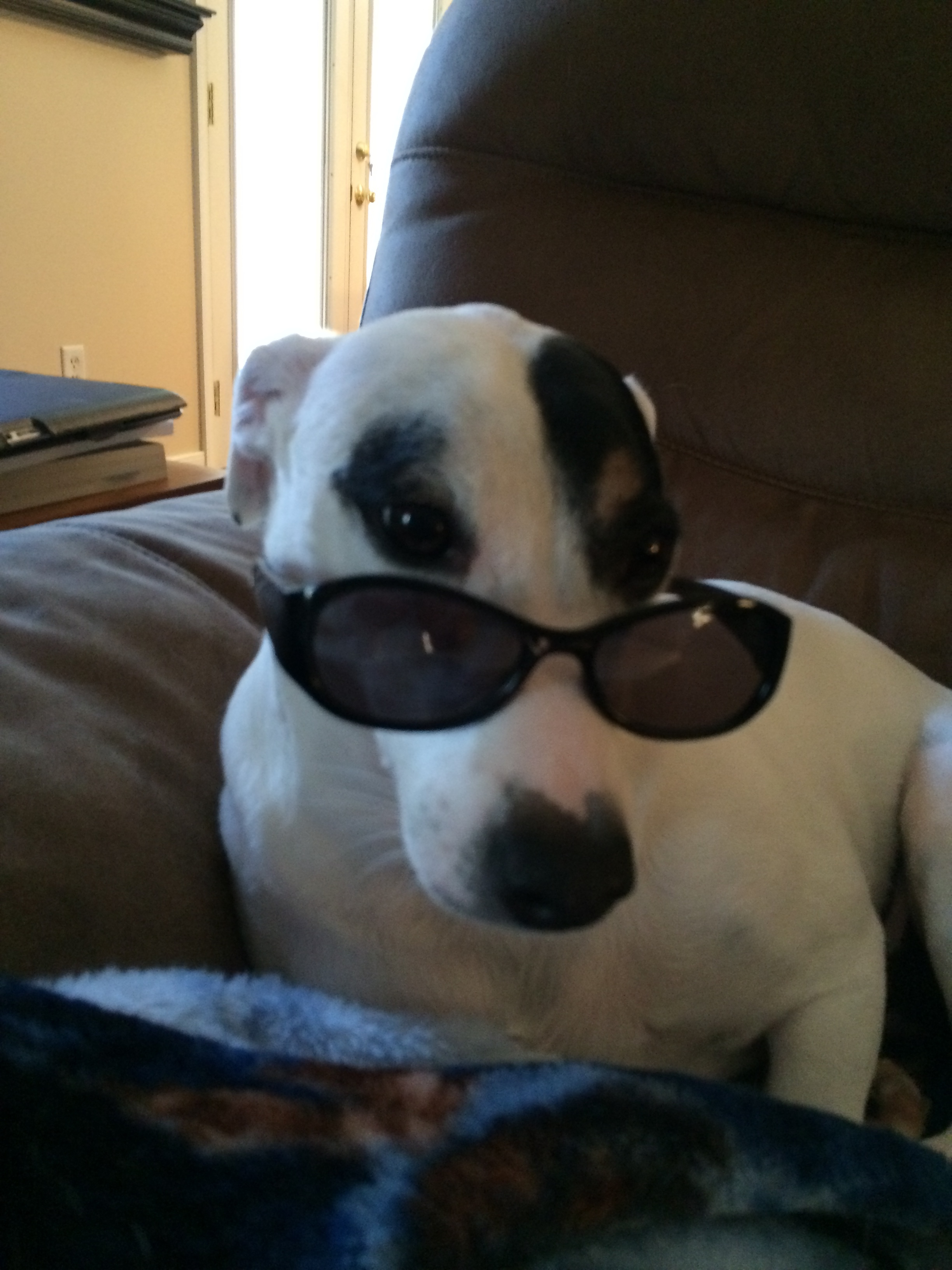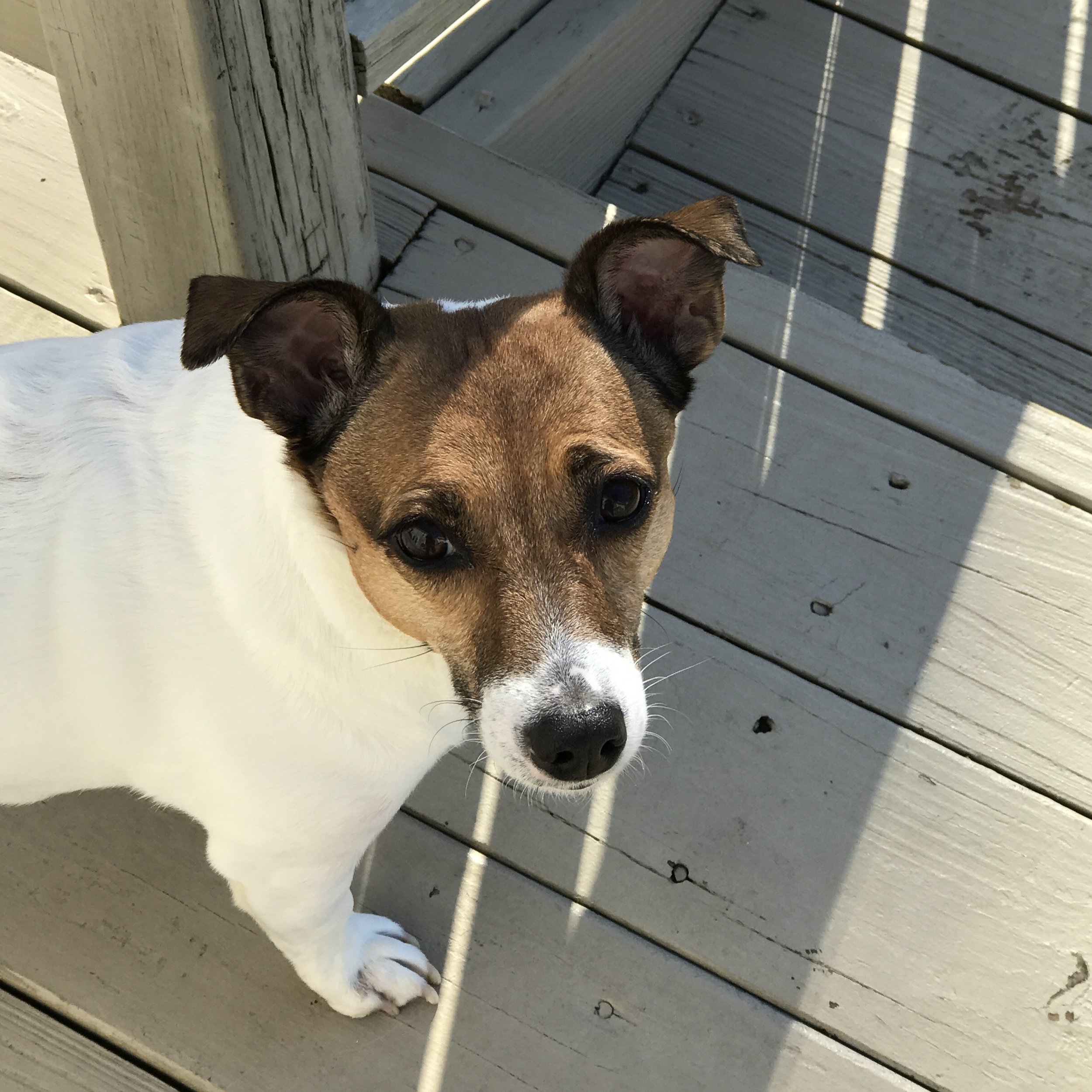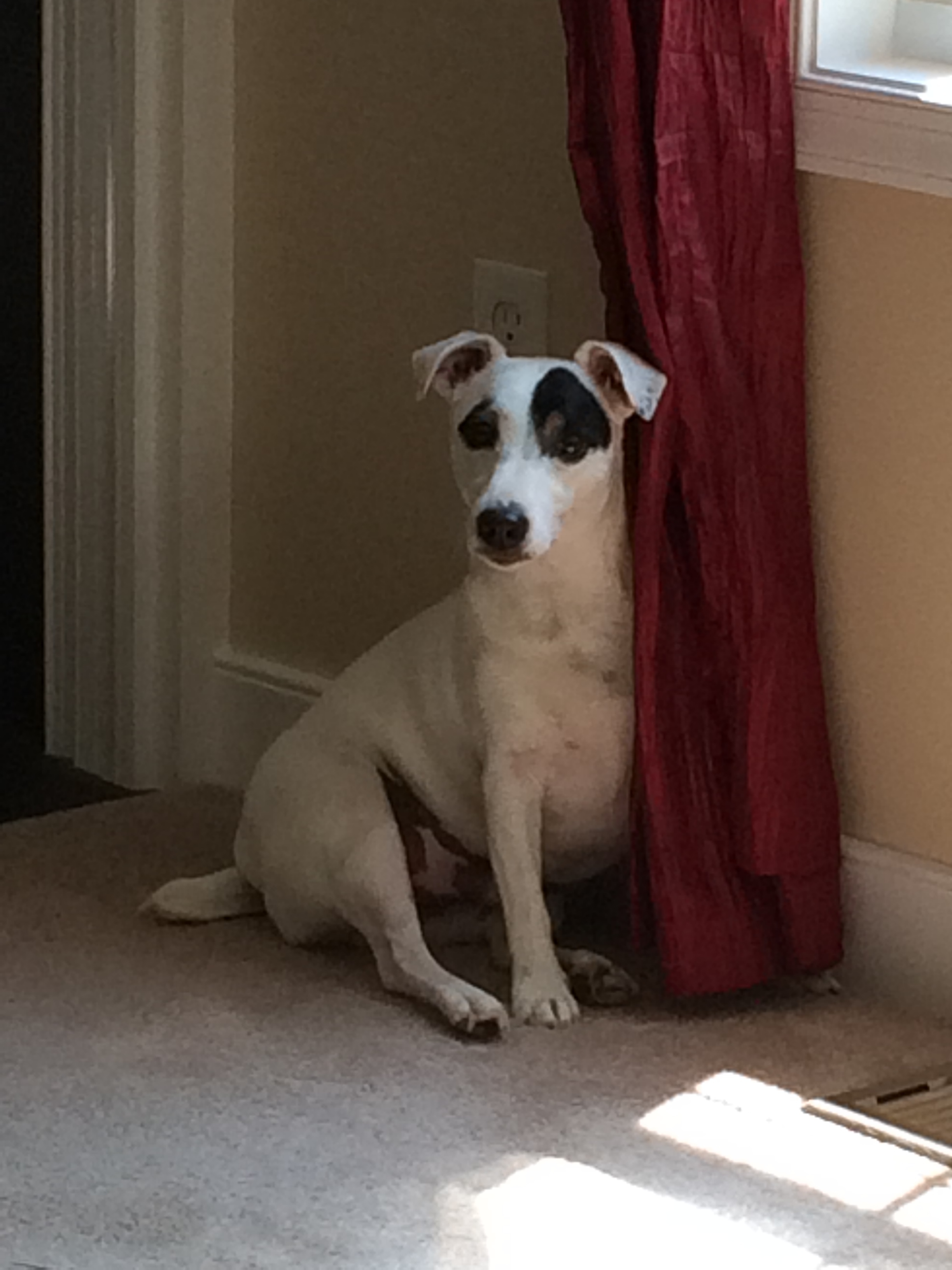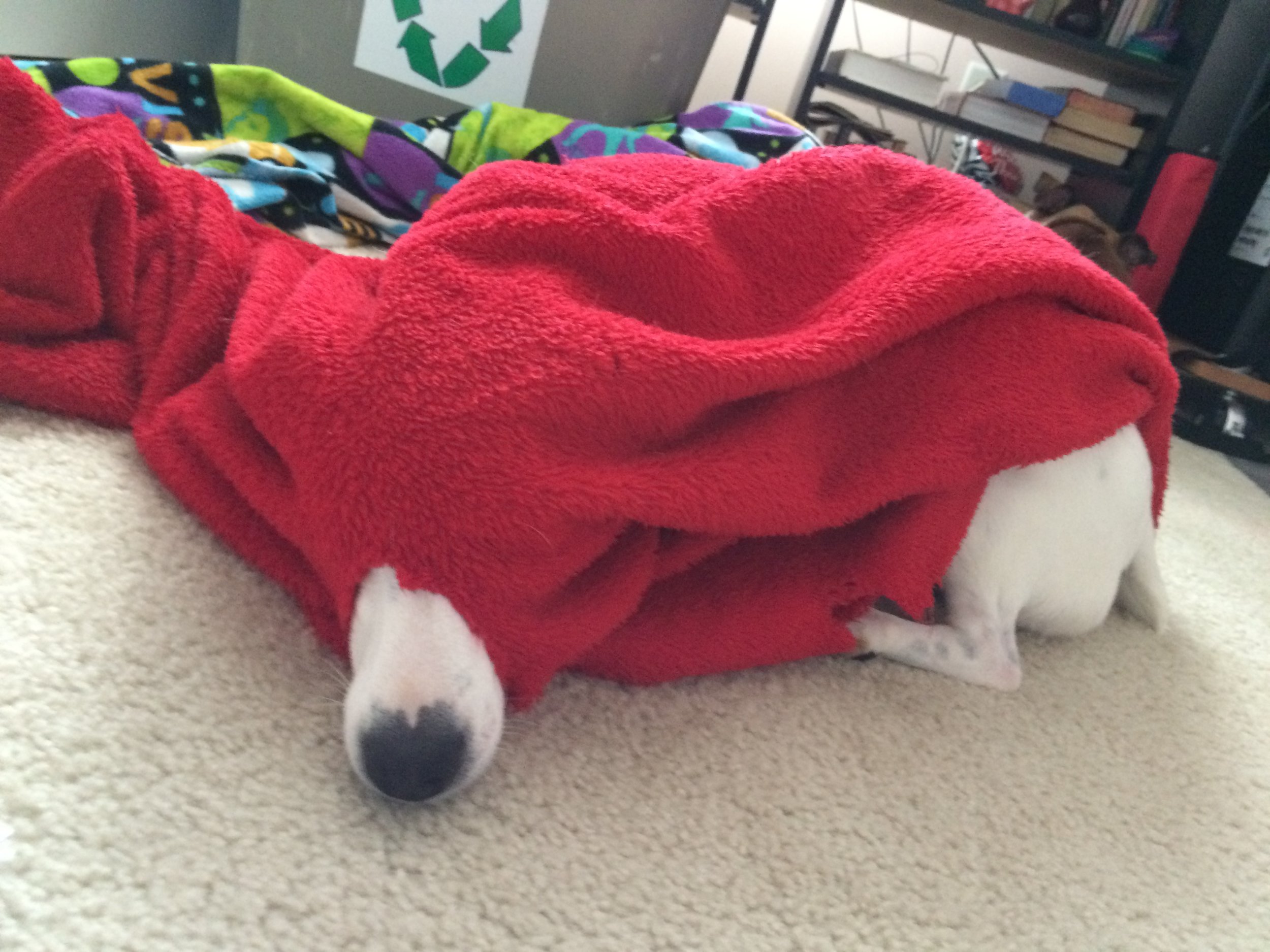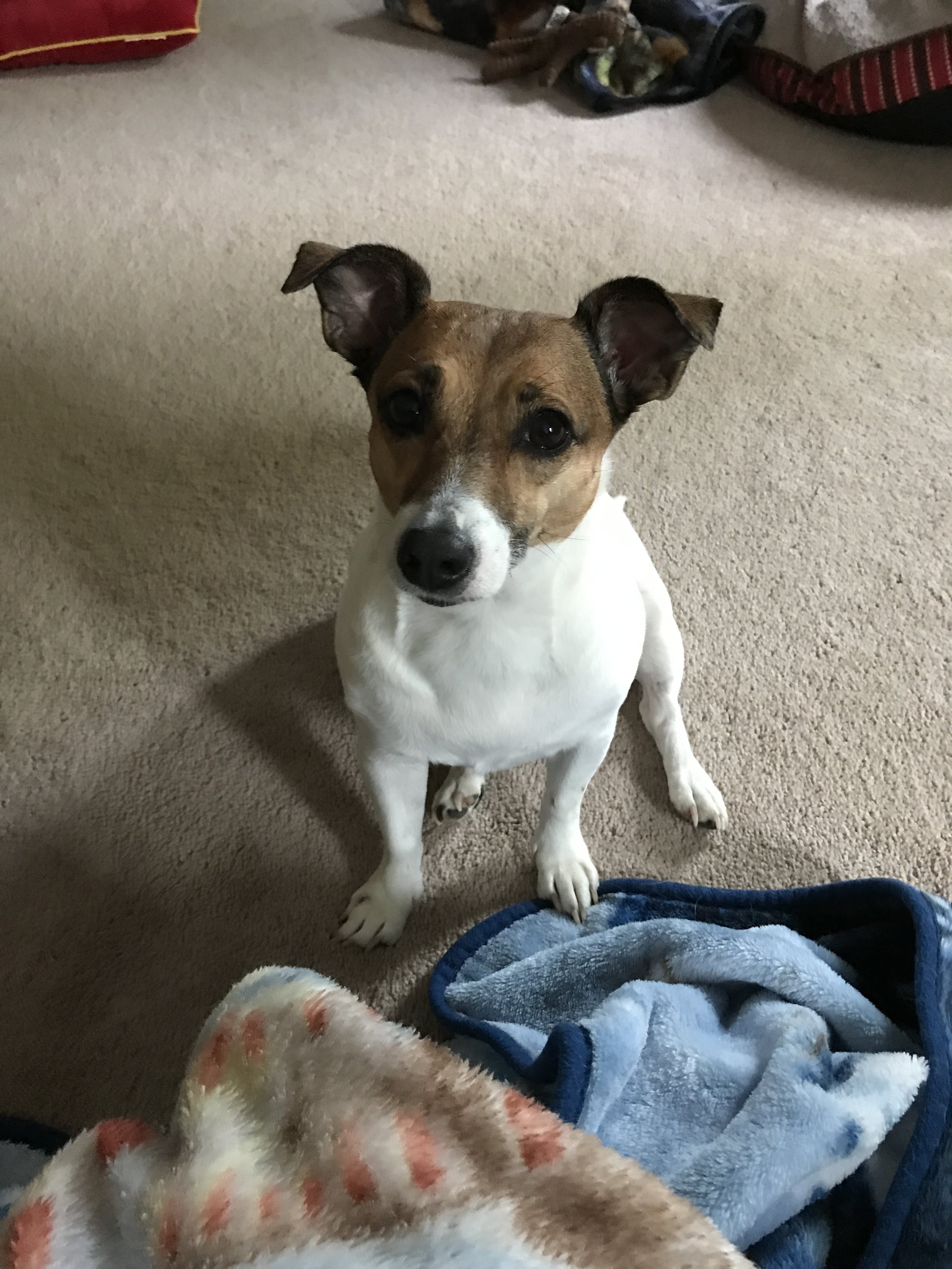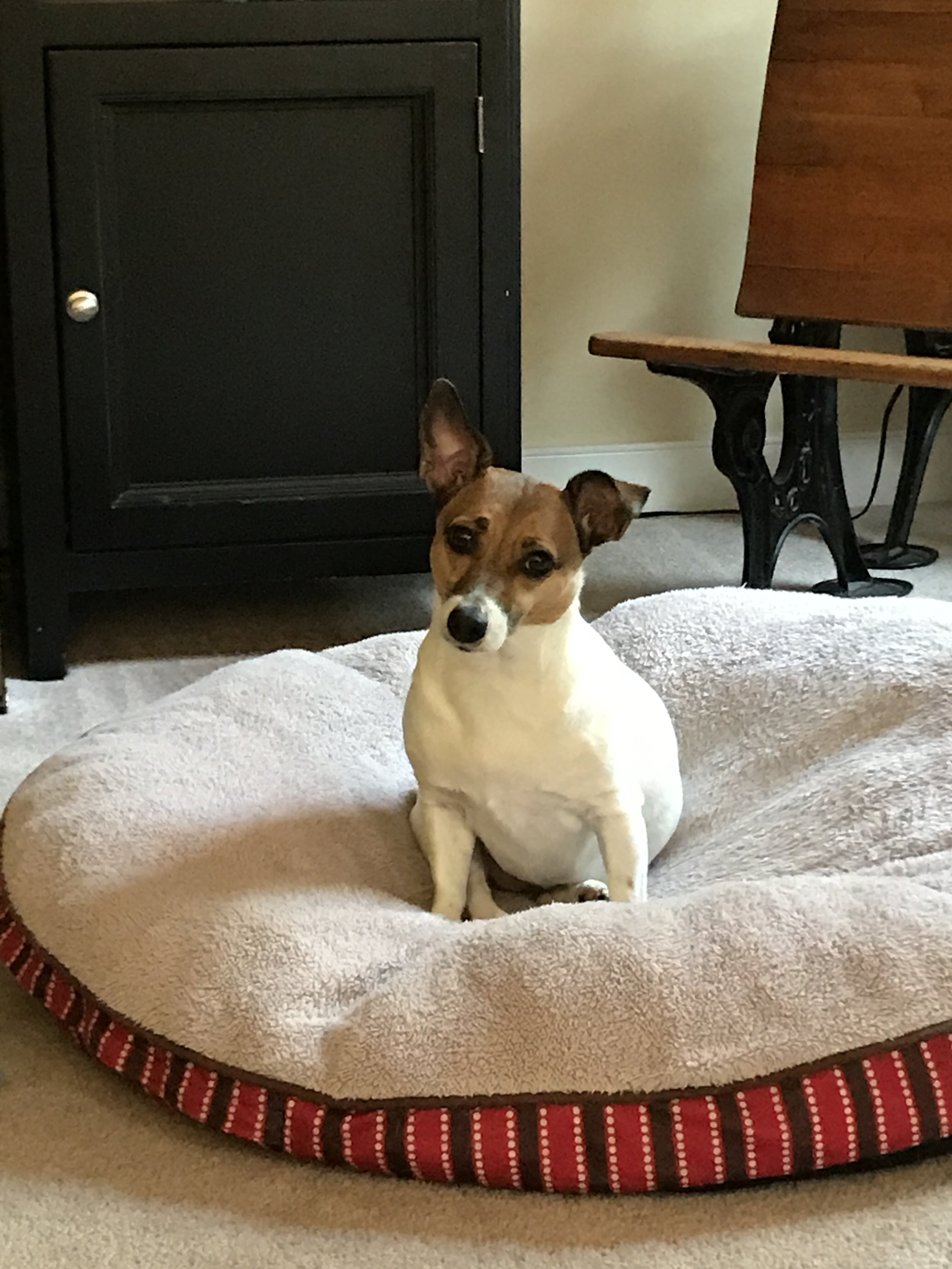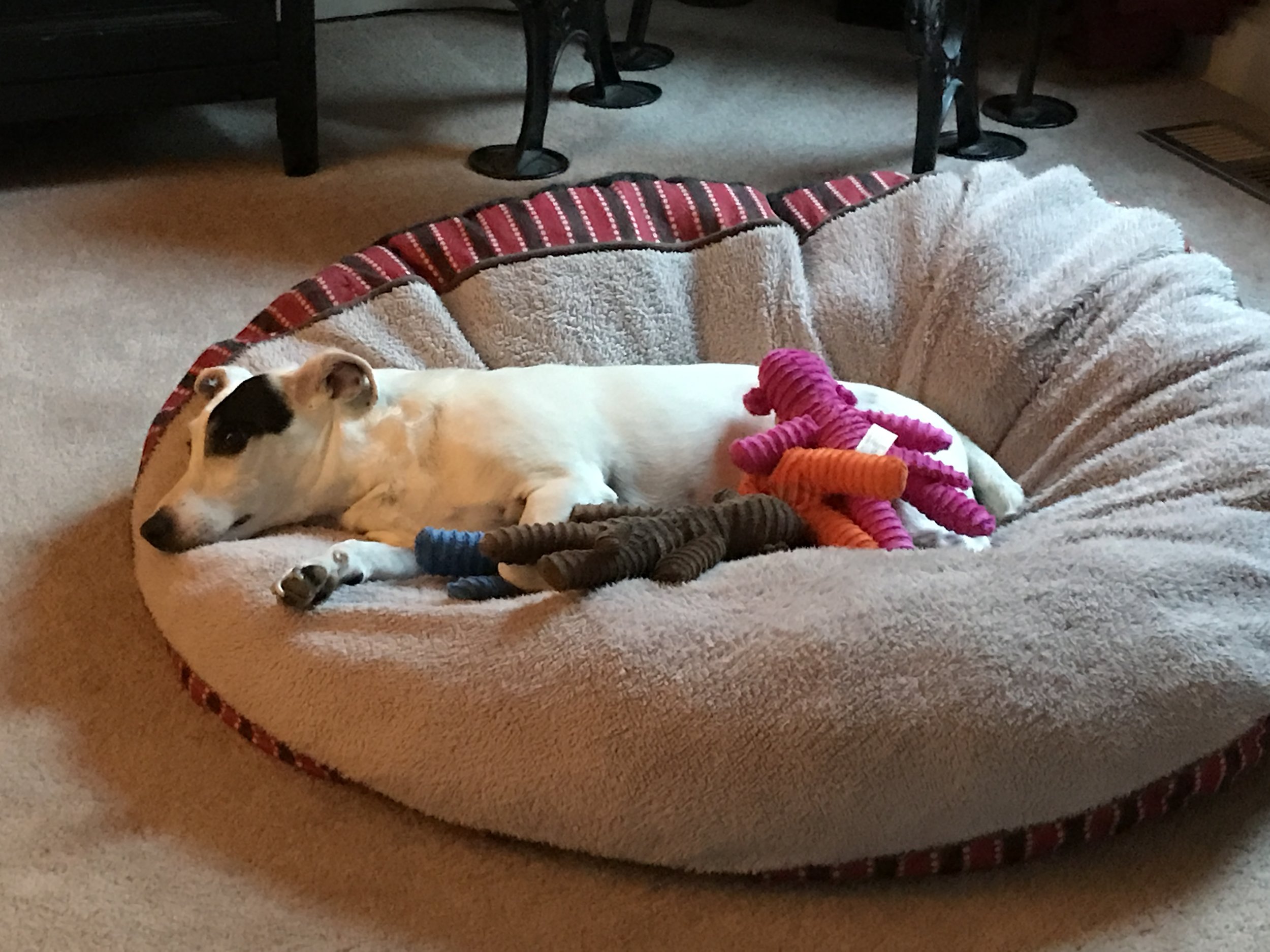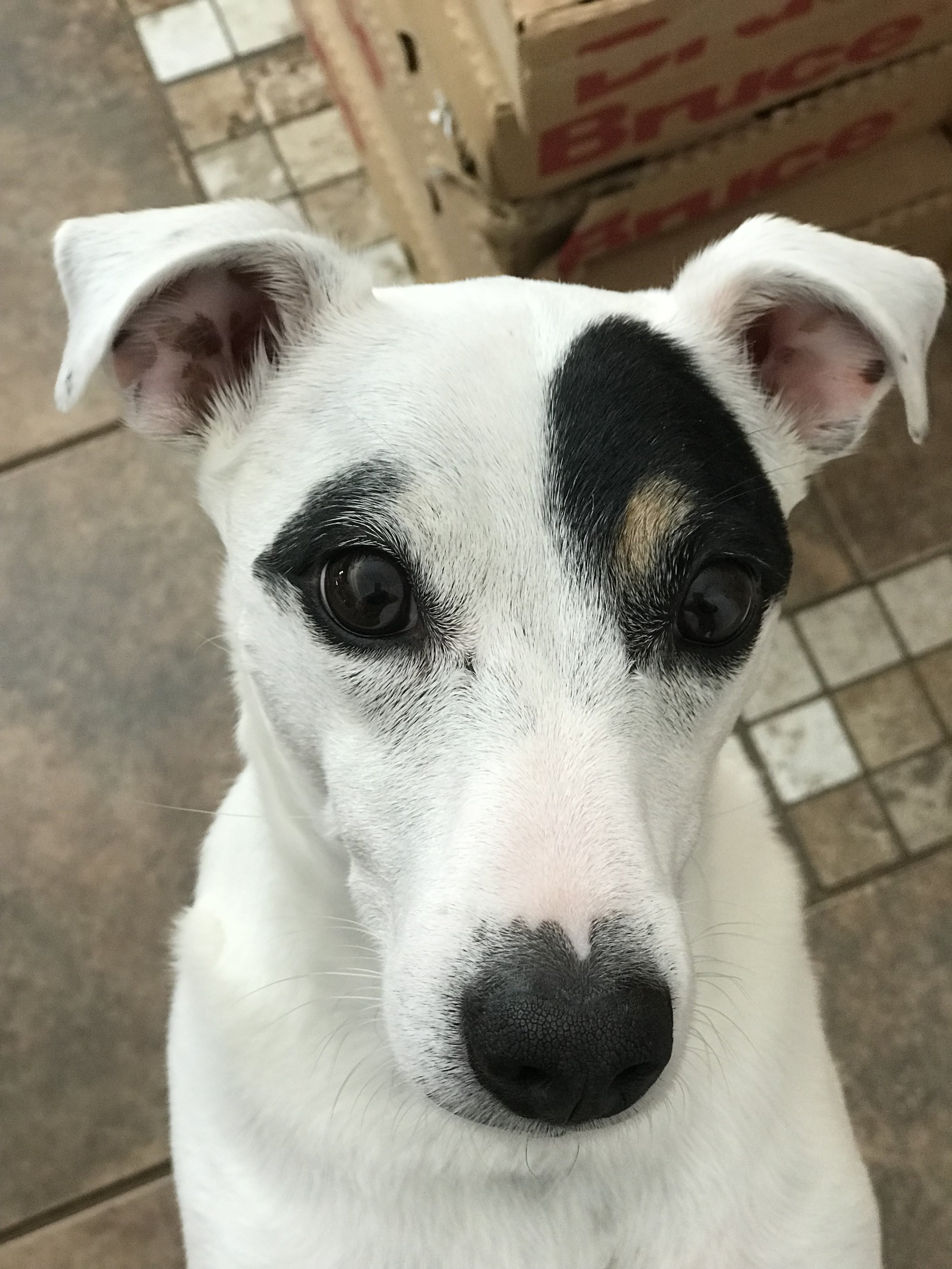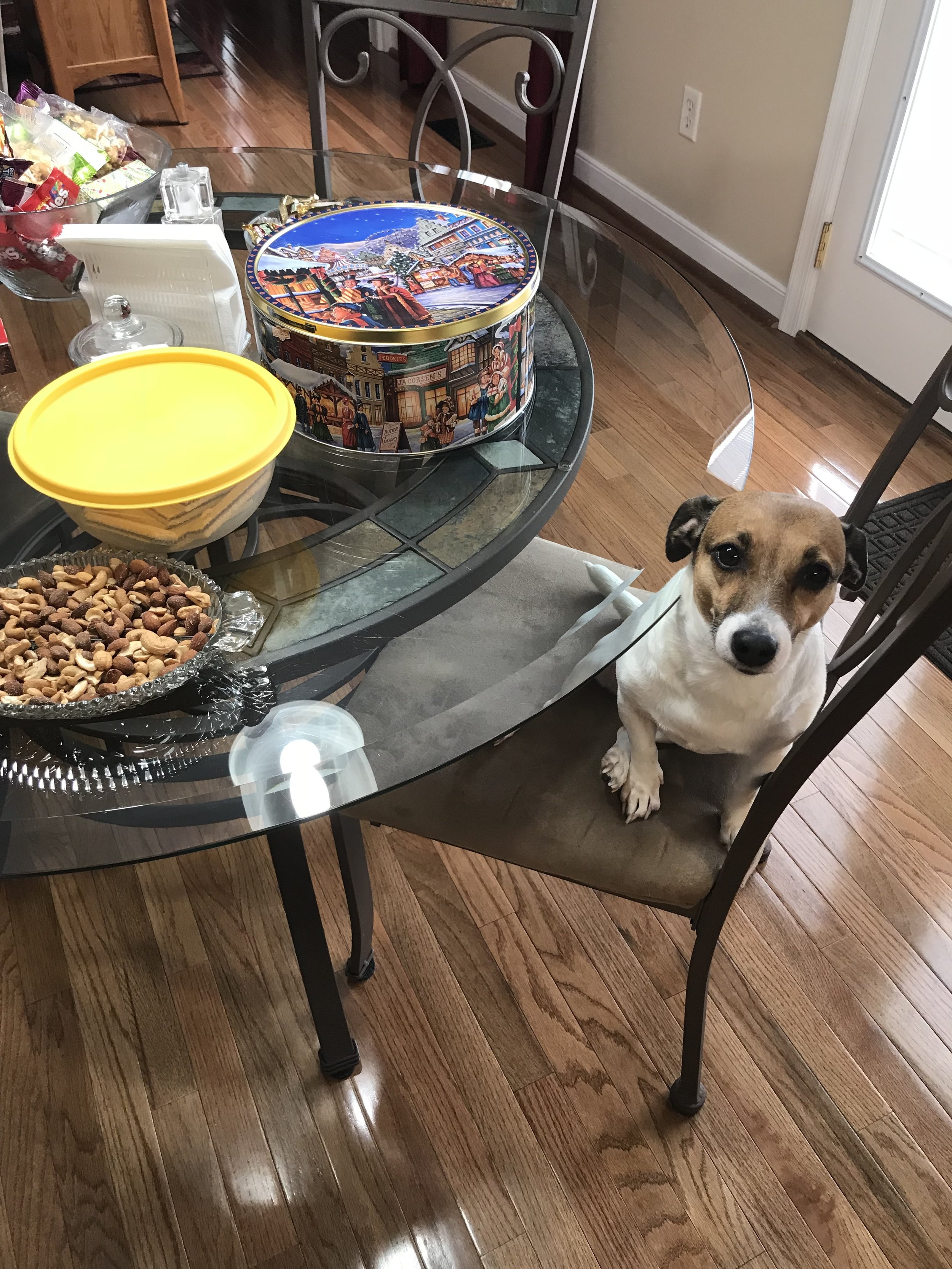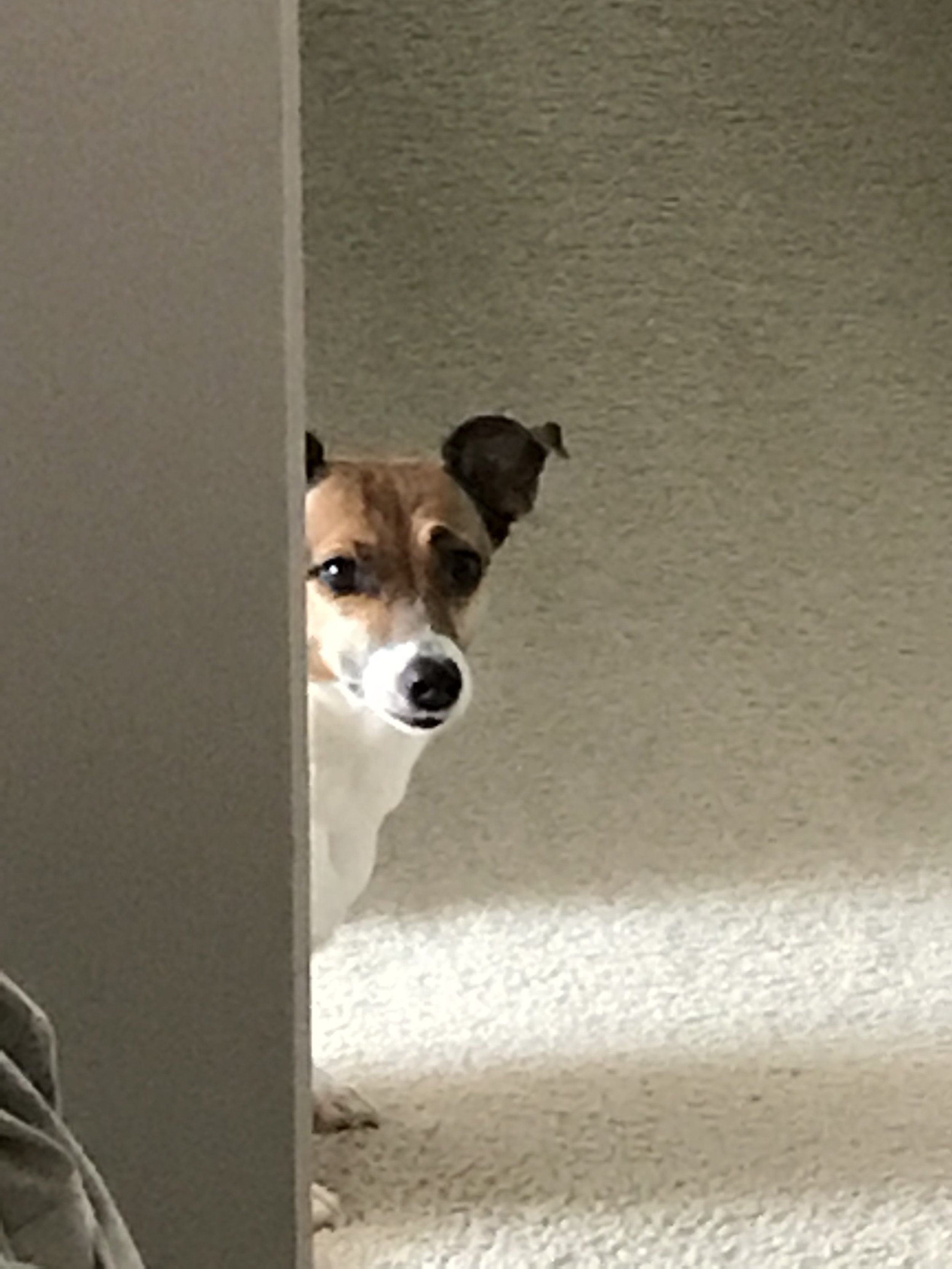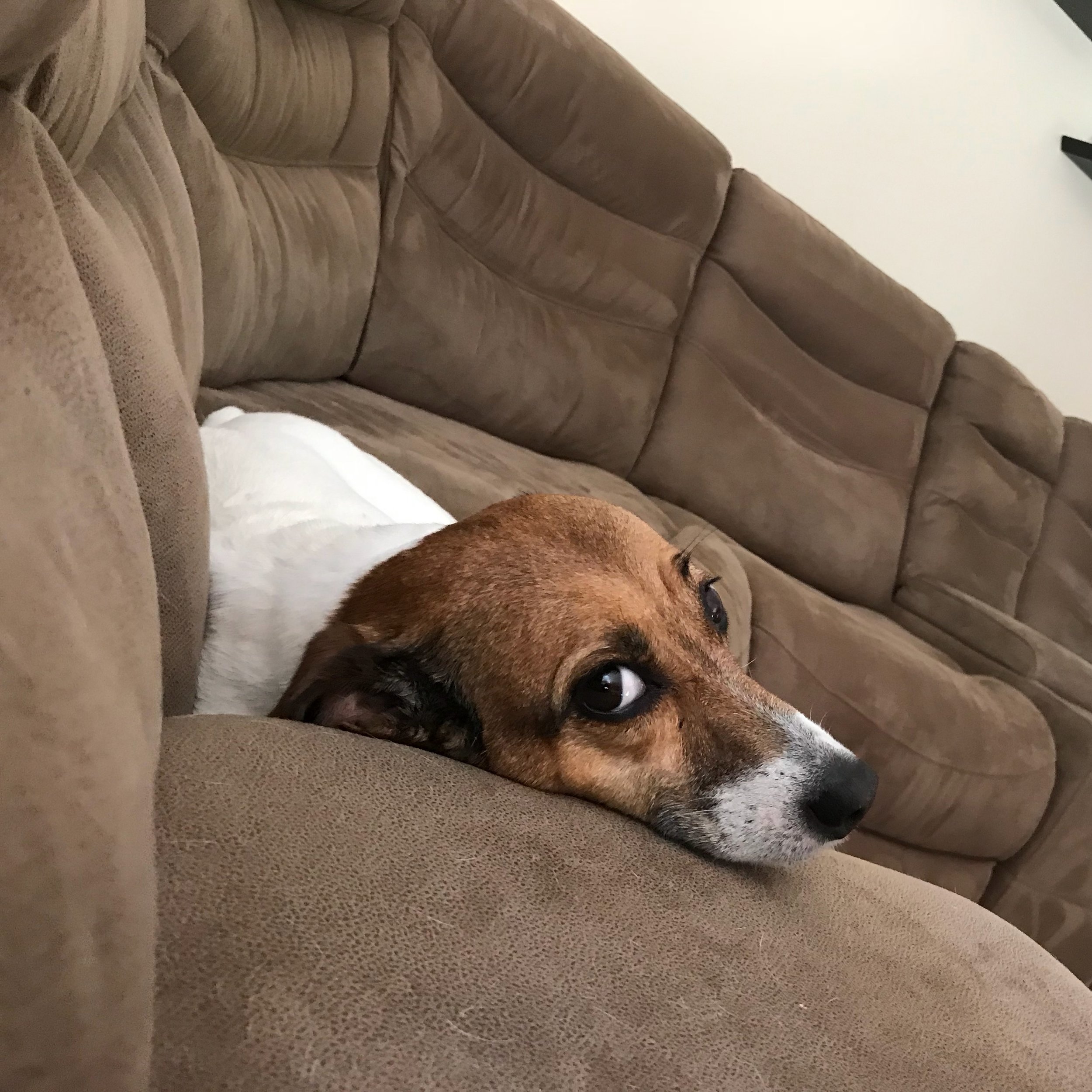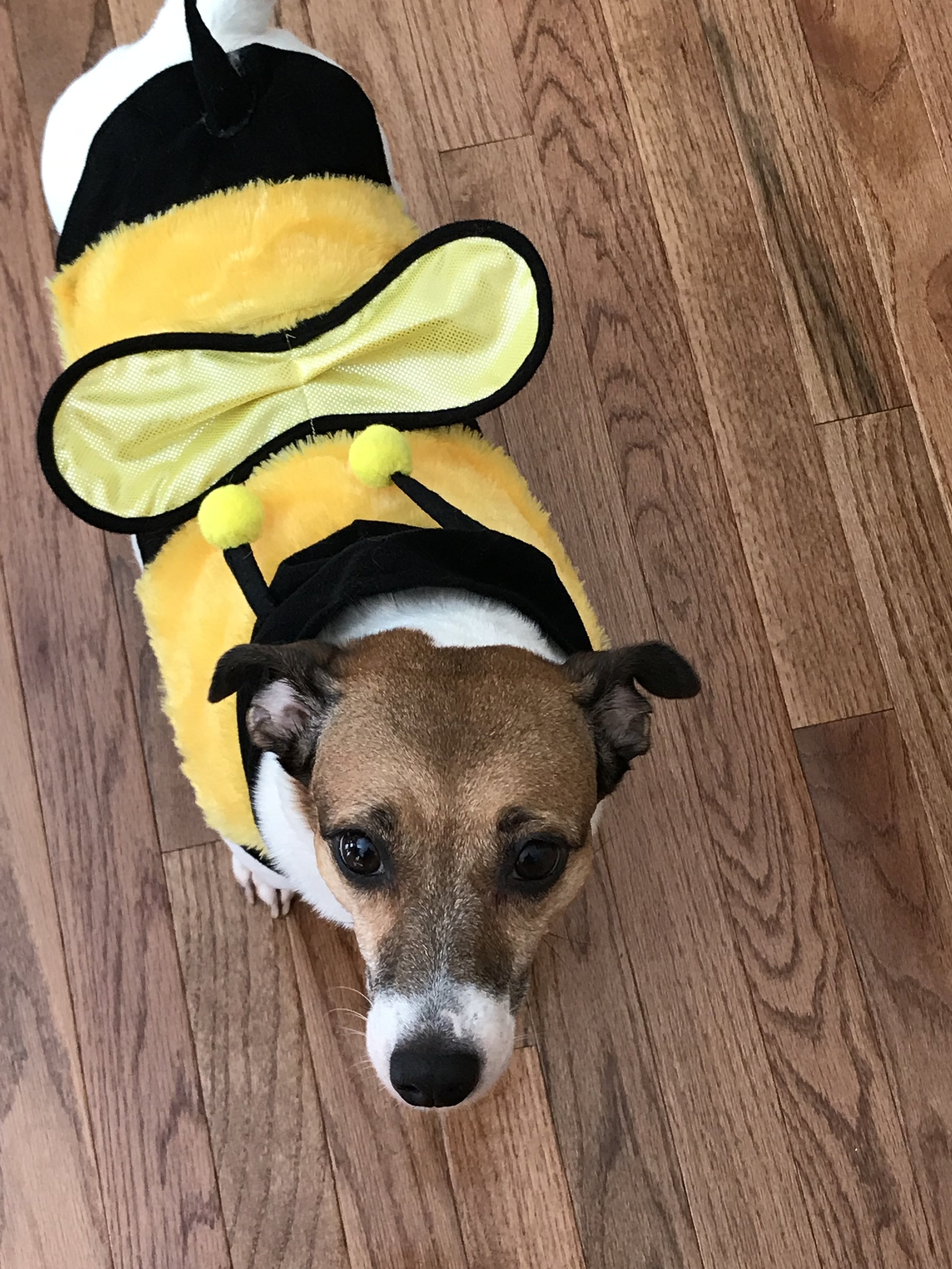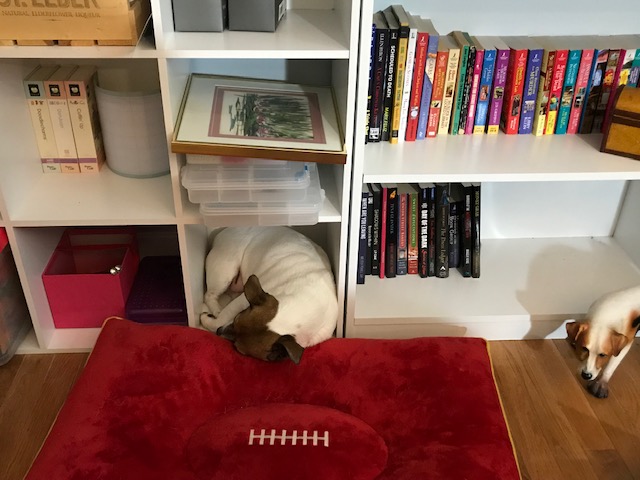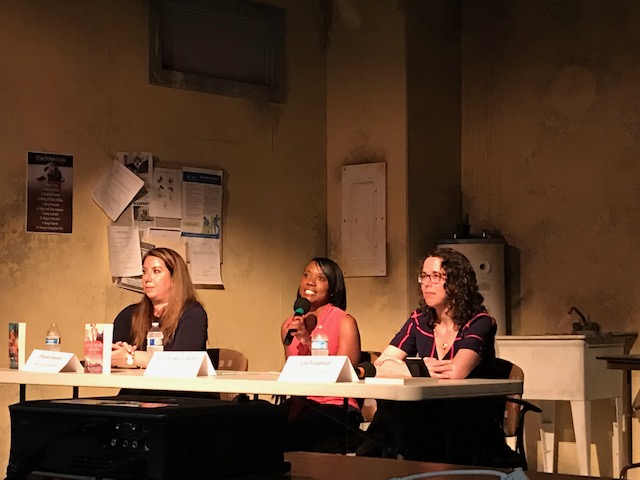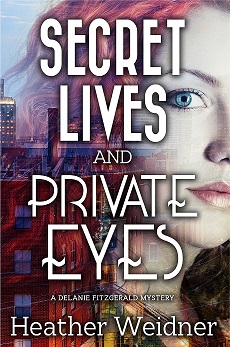Feedback - Gift? or Something Else?
/Through the years at work, we’ve done dozens of 360-degree evaluations and feedback surveys. When I taught, the college did professor reviews at the end of each semester. I used to get butterflies (or bats) in my stomach before I had to read them. (One student didn’t like my red shoes.)
One of our HR folks once said that feedback wasn’t something to dread — but a gift. I valued the comments more when I thought about them in those terms.
It’s hard as a writer to hand over your work. You know the one that you sweated over, nurtured, and loved for months or years. You created it, and it’s part of you. And someone is going to call your baby ugly or poke holes in your plot.
I think beta readers and critique groups are invaluable. You want to catch errors (preferably while you can still change them). You also want to catch story problems before an agent, editor, or publisher sees it and rejects your submission.
I tend to make boo boos when I’m making edits. I try to be super careful, but it’s always good to have another set of eyes go through your draft. I’m notorious for leaving off the second quotation mark.
My critique group reads fifty pages from each submitter a month, and sometimes, it’s hard for them to remember scenes, clues, or red herrings after several months pass. I always find a beta reader or two to read the entire draft like a reader. Family members are great, but they often don’t give you the nitty gritty feedback that you need.
It took me a while to get used to critique group. All of the feedback and suggestions were overwhelming at first. Sometimes, I’d get notes and suggestions from nine different people with nine sets of different ideas. I took notes while they talked about my submission, and then I’d wait a day or two to go through all of it. I print off a copy of the submission and make all the notes on that copy. It’s easier to see contradictions in the suggestions. And just because someone suggested something, doesn’t mean you have to change it.
When you look for a critique group or beta readers, make sure they are made up of people who are familiar with your genre or subgenre. They will know the conventions and preferences of the readers. You can get value from readers of other genres, but you have to be careful. Most of their feedback is centered around what they know, and conventions for a cozy mystery aren’t the same for a romance novel or a spy thriller.
A good critique or beta reader will point out typos, plot holes, confusing items, and inconsistencies like a name that didn’t get changed in all instances or the fact that your character ate lunch twice in one chapter.
I have certain phrases or words that I tend to overuse. I make a list, and I search for them when I’m editing. But readers are great for circling over-used words. Somethings are spotted better by others who aren’t as close to your manuscript.
Writing is hard work. You’re putting your creation out there, and you don’t know how readers will react. I love my early readers and value their comments and ideas. And they help me deliver a better book.



